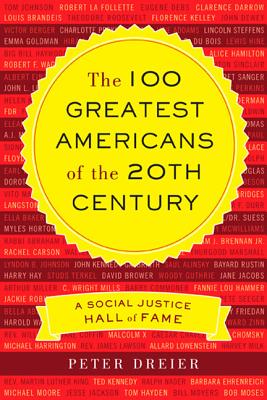To everything, there is a season, according to Pete Seeger’s song, “Turn, Turn, Turn,” drawn from the Book of Ecclesiastes.
This is the season for New Yorkers and all Americans to honor Seeger.
Now 93, the Manhattan-born troubadour has devoted his life to educating Americans and the world about peace, social justice, the environment and our country’s musical tradition.
Why not at least name a city public school after the man?
His legacy begins, of course, with music. The hundreds of songs Seeger has written orpopularized as a member of The Weavers and as a solo artist have sent powerful messages of tolerance and hope.
Seeger turned “We Shall Overcome” into a civil rights standard and a global anthem for human rights. He popularized his friend Woody Guthrie’s “This Land is Your Land,” now our unofficial national anthem.
His anti-war tunes “Where Have All the Flowers Gone?” and “If I Had a Hammer,” helped inspire the 1950s battle against nuclear weapons and the 1960s movement against the Vietnam War. He also introduced millions of Americans to songs from other cultures, like “Wimoweh” and “Guantanamera.”
But Seeger’s activism extends far beyond the guitar and concert hall. In addition to being a World War II veteran, Seeger has been on the front lines of every major social justice crusade during his lifetime: labor unions and migrant workers in the 1930s and 1940s, the banning of nuclear weapons and opposition to the Cold War in the 1950s, civil rights and the anti-war movement in the 1960s, opposition to South African apartheid in the 1970s and, always, human rights throughout the world.
He’s seen his share of controversy. In the 1950s and early 1960s, Seeger was blacklisted for his left-wing views. Commercial television and radio networks banned Seeger and his songs.
But in response to being blacklisted, Seeger parlayed his talents into doing good. He taught guitar and banjo, played for schools and at summer camps and recorded albums for children.
During those years, Seeger planted many seeds. The youngsters who heard him became political activists and spread the gospel of folk and protest music. That’s how, more than anyone else, Seeger catalyzed the folk music revival that inspired the careers of performers like Bob Dylan, Peter, Paul and Mary, the Kingston Trio, Phil Ochs and Joan Baez — and later Bruce Springsteen and Tom Morello.
Seeger has always had a special relationship with New York. Born in Manhattan in 1919, he lived in the city from the late 1930s to the early 1950s. He then moved to Beacon, an hour up the Hudson River, where he built his own log cabin house, where he’s lived ever since.
And that’s where another major strand of his legacy has taken root: environmental stewardship. In 1966, Seeger launched the nonprofit Clearwater project, dedicated to cleaning up the Hudson River. The effort, at first written off as simplistic and naive, helped inspire the environmental movement. The Hudson, once filled with oil pollution, sewage and toxic chemicals is now swimmable.
Through unrelenting optimism, Seeger endured and overcame the controversies triggered by his activism. Yes, he has gotten honors — a Kennedy Center Award from former President Bill Clinton — and induction into the Rock and Roll Hall of Fame.
But the city of his birth, the state that has been his home for nearly a century, has yet to honor him in a manner befitting his tremendous influence.
Before Pete Seeger’s fingers can strum no longer, let’s pay respect to his life and legacy. Begin by naming a public school after him. In fact, a committee of civic leaders should nominate Seeger for the Nobel Peace Prize, recognizing his role in bringing the world closer together.
Read more here.
